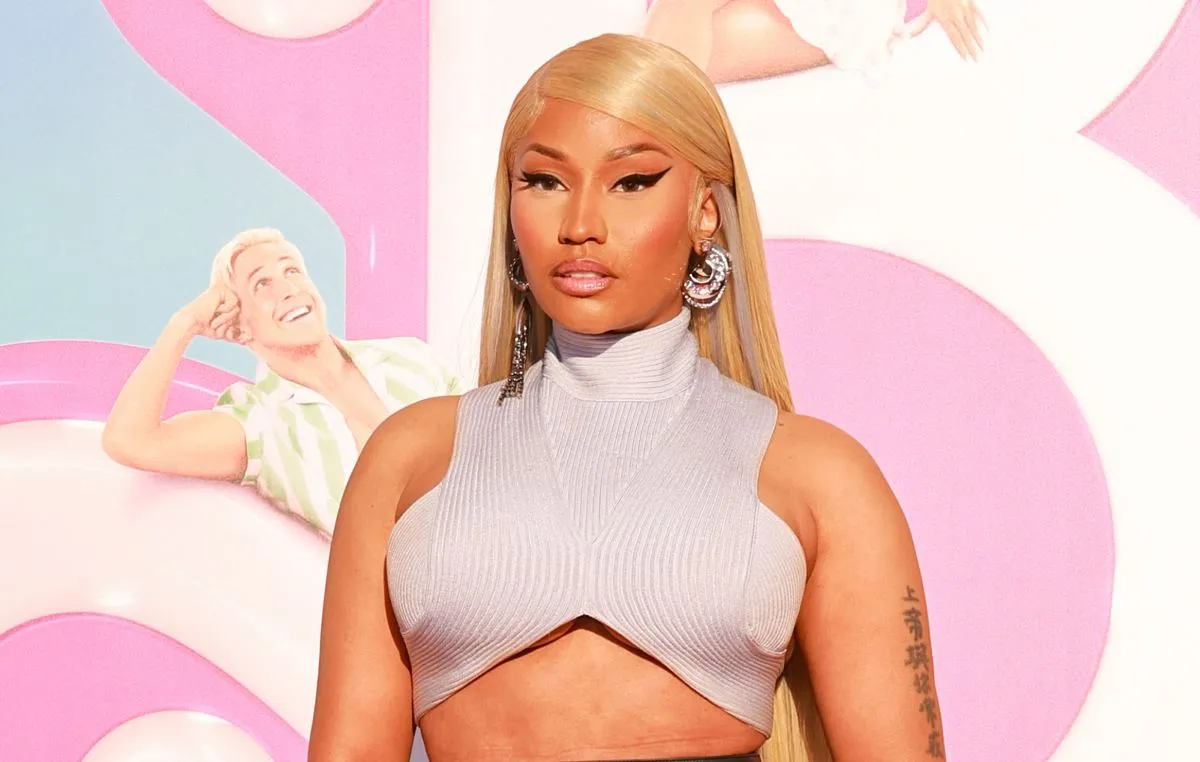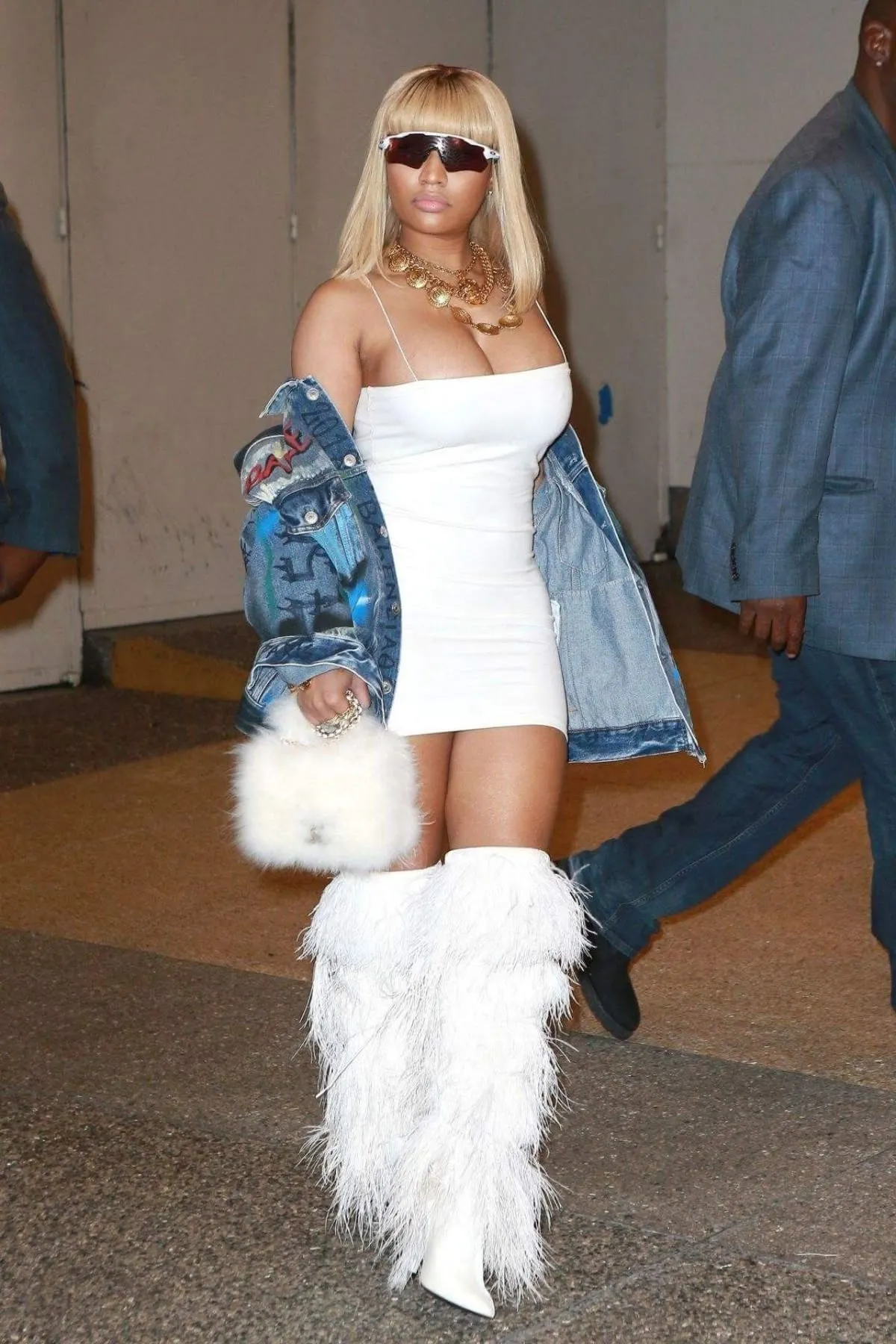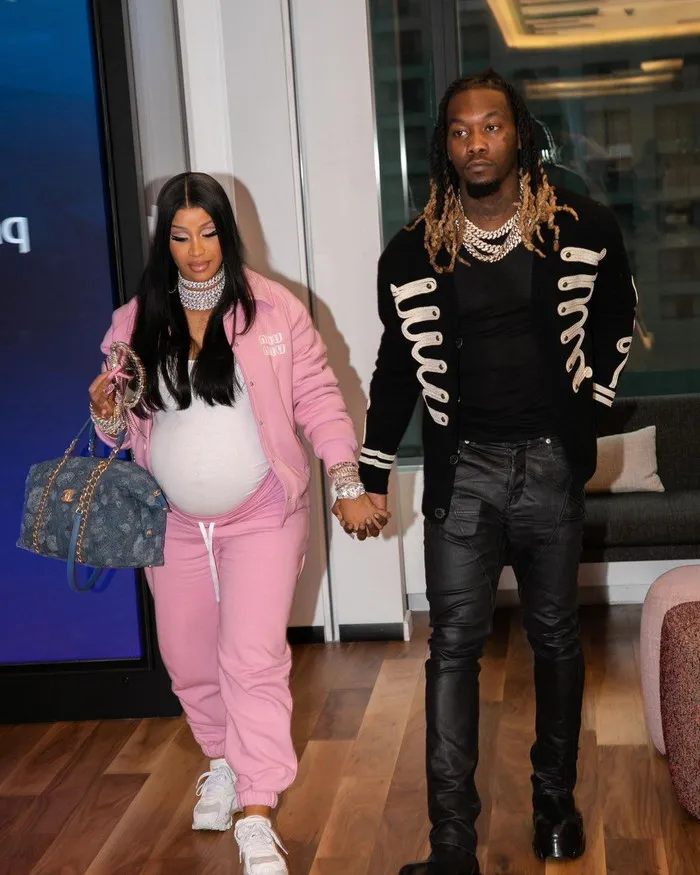
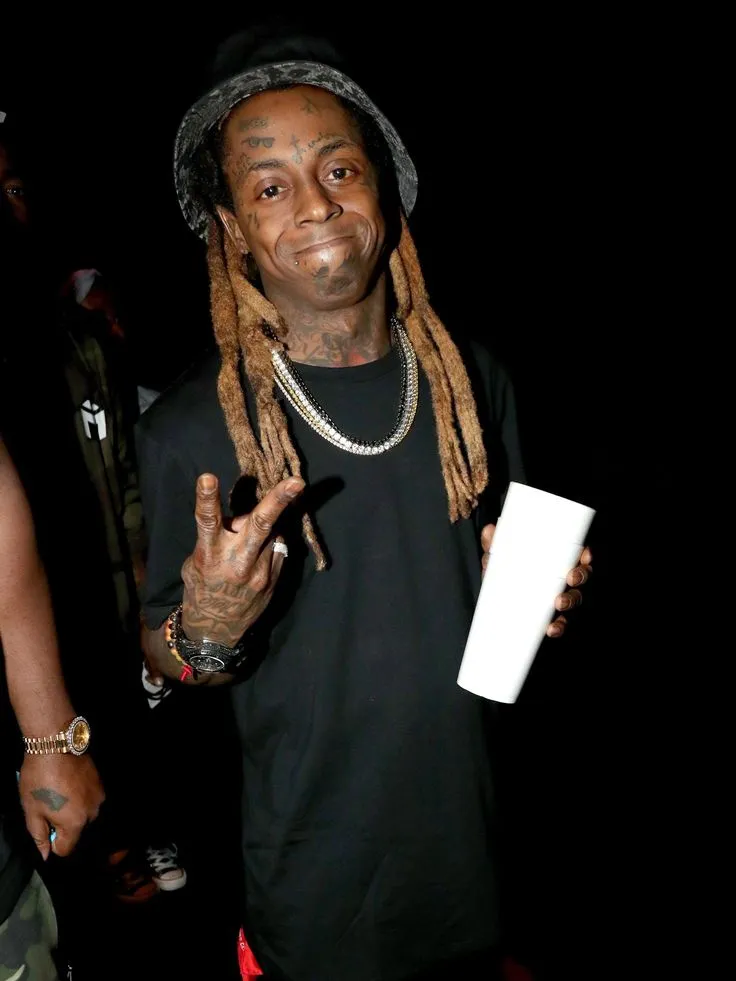
The Internet Is Losing It: Lil Wayne’s Old Confession About Drake & His Ex Is Going Viral!
In the world of hip-hop, few friendships have been as influential and closely examined as the bond between Lil Wayne and Drake. For years, their connection has been framed as that of mentor and protégé, a relationship built on loyalty, creativity, and mutual respect. Yet, in the age of digital resurrection where old interviews resurface at lightning speed, a surprising confession from Lil Wayne about a deeply personal moment involving Drake and his ex-girlfriend has reignited debates across social media. What might once have been forgotten or overlooked is now dominating online conversations, pulling fans into a whirlwind of emotions, speculation, and memes.
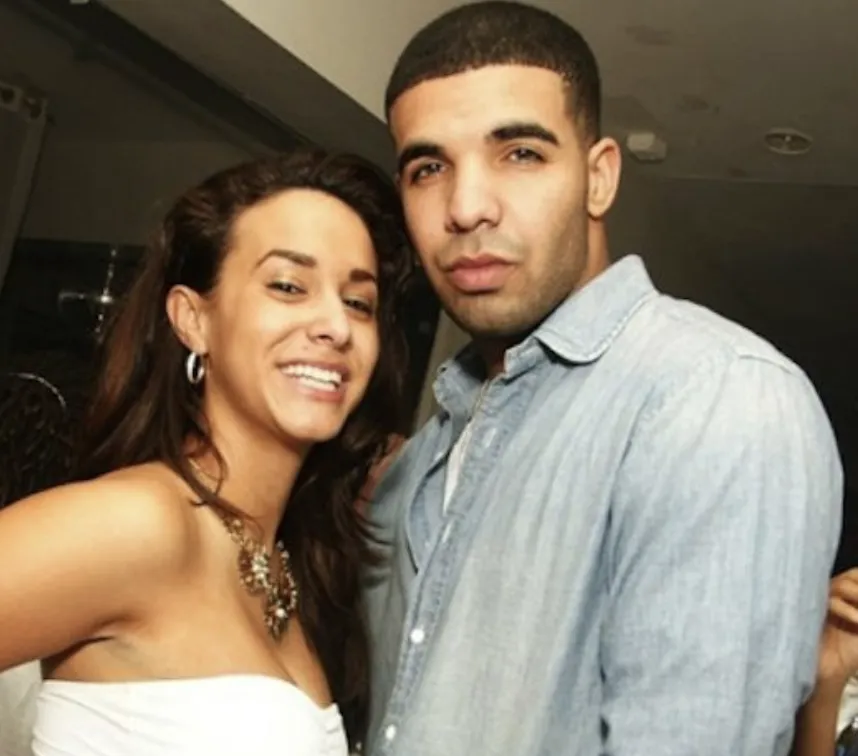
At the heart of this viral storm is the unfiltered honesty of Lil Wayne himself. Known for speaking candidly regardless of public perception, Wayne once revealed that his trusted friend and labelmate Drake had been romantically involved with one of his exes while he was serving time in prison. At the time, the story was framed as a moment of betrayal, but also of raw human vulnerability, the kind that shatters the glamorous facade of celebrity culture. Years later, as the clip resurfaces, the internet is losing it all over again.
The Weight of Lil Wayne’s Confession
The confession traces back to a candid conversation Lil Wayne had during the early 2010s, in which he spoke about his feelings of shock and hurt upon discovering that Drake had been with his ex-girlfriend while he was incarcerated. Wayne described the moment not as a simple disagreement but as a profound personal wound that tested the very foundation of their friendship. For a man who had opened the doors of Young Money Entertainment to Drake, who had been instrumental in launching his career, the revelation carried emotional weight far heavier than the tabloids could capture.
Wayne’s willingness to admit that he cried when learning the truth broke down the stereotypical image of the hardened rapper. Here was a man often portrayed as larger-than-life, as untouchable, confessing to a moment of pain that resonated with anyone who has ever felt betrayed by someone they trusted. It was this honesty that made the story so striking when it first emerged—and it is the same honesty that has caused it to go viral once again in today’s social media climate.
Why the Internet Can’t Look Away
In 2025, the viral machinery of the internet thrives on resurfaced content. Old interviews, forgotten podcasts, and even casual comments from years ago can explode into trending topics when rediscovered. For a generation that consumes celebrity culture through short clips and reaction videos, Lil Wayne’s old confession is tailor-made for digital virality. The rawness of his words, the sheer weight of his disappointment, and the complicated emotions tied to friendship and love make it perfect fuel for online discourse.
Fans have taken to X (formerly Twitter), TikTok, and Instagram to share clips, reactions, and memes. Some focus on the drama itself—imagining the awkward conversations between Drake and Lil Wayne when they reunited—while others praise Wayne for his vulnerability. The confession has even sparked new debates about loyalty within friendships, with users applying the story to their own lives, turning a very personal anecdote into a universal talking point.
Drake’s Complicated Role
Central to this narrative is, of course, Drake. Long celebrated for his emotional openness in music, Drake’s persona has always walked a fine line between vulnerability and controversy. His involvement with Lil Wayne’s ex, whether justified by circumstances or not, complicates his image as the loyal protégé. To some fans, it represents a moment of disloyalty that contrasts with the gratitude he often expresses toward Wayne in interviews and songs.
Yet others argue that the situation reflects the messy reality of human relationships. Both men were young at the time, navigating fame, loneliness, and personal choices under a microscope. In this sense, Drake’s actions are viewed not as a scandal but as a reminder that even celebrities deal with the complexities of love and loyalty. What intensifies the situation is that Wayne did not shy away from addressing it—he named it, felt it, and shared it with the world.
Friendship Tested, But Not Broken
What makes this story even more fascinating is that despite the hurt, Lil Wayne and Drake managed to move forward. Their friendship did not collapse under the weight of betrayal; instead, it endured. Over the years, they have continued to collaborate on music, perform together, and publicly support one another. This resilience adds another layer of intrigue for fans watching the confession go viral again.
The idea that one of the strongest partnerships in hip-hop could weather such an emotional storm resonates deeply. It suggests that even in the unforgiving world of fame and ego, forgiveness and loyalty still have a place. For fans, this is both shocking and inspiring—shocking because of the magnitude of the betrayal, inspiring because of the strength required to move past it.
The Cultural Obsession with Celebrity Vulnerability
The renewed interest in Lil Wayne’s confession also highlights a broader cultural trend: the fascination with celebrity vulnerability. In an era where artists are expected to be both untouchable icons and relatable humans, moments like Wayne’s confession bridge the gap. Fans do not only want to hear their favorite rappers boast about wealth and success; they also crave glimpses into their pain, fears, and insecurities.
Wayne’s candid words about crying and feeling betrayed do more than humanize him—they dismantle the idea that masculinity in hip-hop must always be stoic and emotionless. This resonates strongly with younger audiences who are redefining what strength and authenticity mean in public life. The fact that this old story has resurfaced and gone viral in 2025 is no coincidence; it aligns perfectly with the cultural moment where vulnerability is celebrated, not mocked.
How the Internet Reframes Old Stories
One of the most fascinating aspects of this resurgence is how the internet reframes history. When Lil Wayne first made the confession, it was covered by music blogs and gossip outlets, but it did not dominate the cultural conversation the way it does now. In part, this is because platforms like TikTok and Instagram Reels did not yet exist in their current form.
Now, with the ability to condense long interviews into viral 30-second clips, fans can engage with the story in a more visceral way. They can replay Wayne’s exact words, analyze his tone, and respond instantly with their own takes. This creates a feedback loop where the story is not just remembered but actively reshaped by modern commentary. In many ways, the internet has breathed new life into a moment that might otherwise have been left in the archives of hip-hop history.
The Meme Culture Effect
No viral story in 2025 would be complete without memes, and Lil Wayne’s confession is no exception. Social media users have turned his words into captions, gifs, and skits, using them to joke about their own relationships or to exaggerate the drama for comedic effect. While some might see this as trivializing Wayne’s vulnerability, others argue that it keeps the story alive in a way that resonates with a younger audience.
Memes, after all, are the internet’s way of processing complex emotions through humor. By turning Wayne’s pain into shareable content, fans both empathize with and distance themselves from the situation, creating a unique blend of connection and detachment that only meme culture can provide.
A Legacy Larger Than the Drama
Ultimately, while the resurfaced confession is dominating headlines and timelines, it is important to remember the larger legacy of Lil Wayne and Drake’s friendship. Their bond has produced some of the most iconic music of the last two decades, shaping the landscape of modern hip-hop. The fact that they endured such a personal conflict and still managed to create together speaks volumes about their resilience and mutual respect.
For Lil Wayne, the confession may have been a painful memory, but it has also become a testament to his honesty and humanity. For Drake, it is a reminder of the complexities of fame and friendship, and perhaps a lesson in accountability. For fans, it is a chance to reflect not only on their idols but on the universal themes of trust, forgiveness, and the messiness of human relationships.
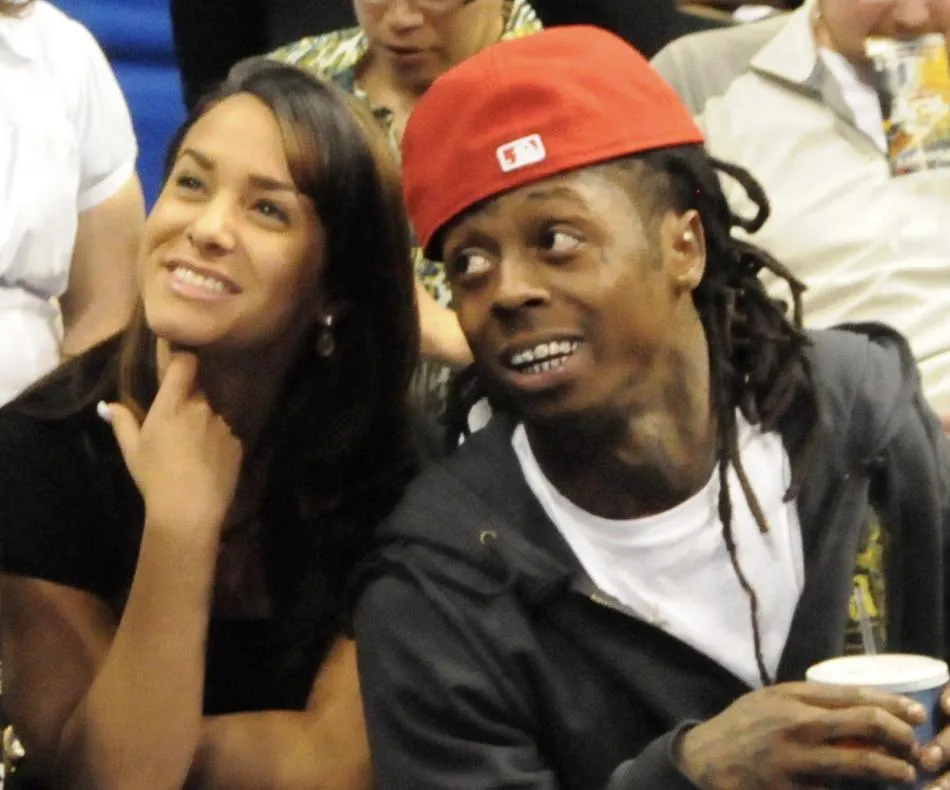
Conclusion: Why This Story Still Matters
The resurgence of Lil Wayne’s confession about Drake and his ex is more than just a viral moment—it is a window into the evolving relationship between celebrities and their audiences. In an age where nothing stays buried, where old words can resurface and dominate discourse years later, the way we consume and interpret these stories speaks volumes about our cultural values.
The internet is losing it not simply because of the drama, but because the confession encapsulates so much of what defines modern celebrity culture: vulnerability, betrayal, resilience, and the relentless power of digital memory. Lil Wayne’s words continue to echo, not just as gossip, but as a reminder that even legends are human, that even the strongest friendships are tested, and that in the end, authenticity is what truly resonates.








